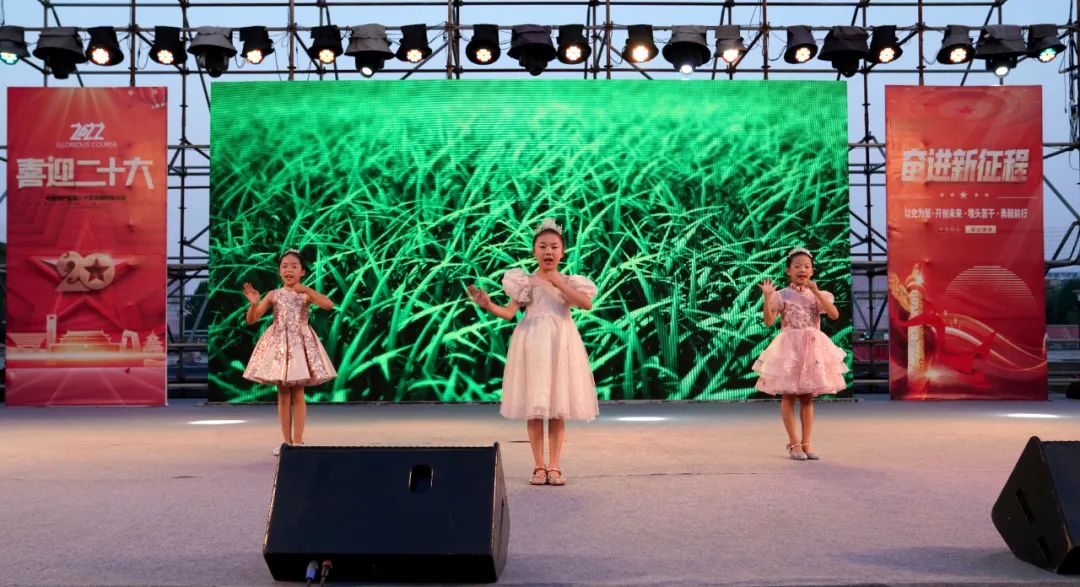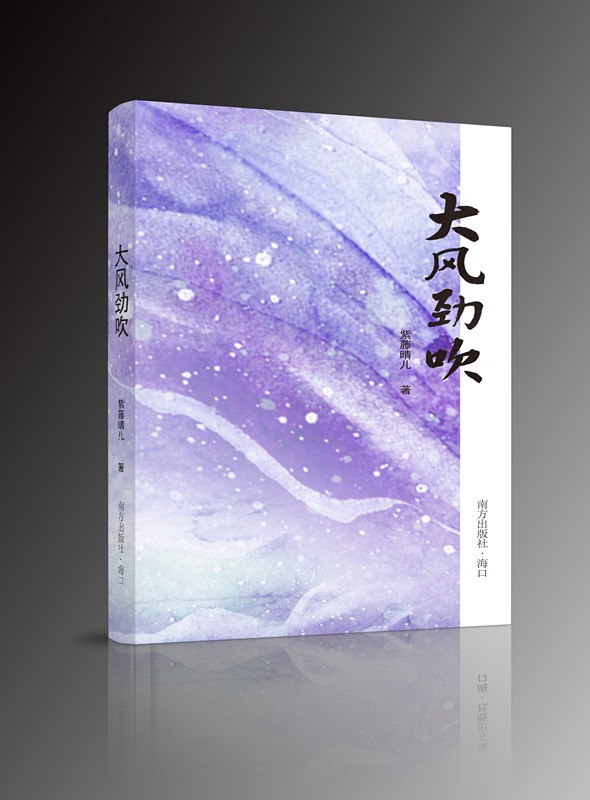Tang Shiqi: The idea of essentialism and the idea of intangibleism
Author:China Social Sciences Network Time:2022.08.31
Tang Shiqi's Dean of the School of International Relations of Peking University, Director and Professor of Cultural Research Center, Eastern and Western Cultural Research Center;
Research direction: history of Western political thought, contemporary Western political philosophy, comparative political science;
Representative works: "The History of the Politics of the United States", "The History of Western Political Thought", "Relations between the State and Society: The theoretical and Practical Comparison of Socialist countries", "Globalization and Regional: A relationship between countries and society in the process of economic globalization".
The idea of essentialism, that is, Western thought, is called essentialism because Western thought has taken the essence of things as its fundamental task from the beginning. This kind of regulations on the nature of ideology come from the pursuit of the definition of things at the beginning of Western thought traditions. The definition of objects must reveal its fundamental attributes, and the latter is regarded as the commonality of things, that is, universality and invariance. The universal and unchanged of things "what is" and the essence of things. In modern times, especially after Descartes, people are regarded as a reflection of the essence of things in addition to universal and unarmed.
Essentialism is the basic characteristic of Western thought
The essentialist determines the basic characteristics of Western knowledge. For example, Aristotle made the following provisions on scientific knowledge: its object is constant, its goal is to understand the nature of things, and its method is to think rationally (reflected as the use of logical rules). Can be taught with language and can be verified. Based on this, those knowledge that cannot be repeated, from experience, from experience and intuition, impossible, and unsuitable (in fact, this kind of knowledge is of course existed, and Aristotle also acknowledges this). The understanding of science, that is, the knowledge of science, has fundamentally limited the content of Western thoughts since ancient times, which has made it not only achieved fruitful results, but also contains huge defects.
Essentialism has led to two points to the world, including subjects and objects, essence and phenomena, rationality and desire, soul and body. These two points can be attributed to fundamental opposition, that is, the opposition between truth and fallacy. In the above -mentioned pairs, the previous category belongs to the advanced world, and the latter category belongs to the low -level world; the former is the goal pursued by people, and the latter is the object that people try to overcome. Under essentialism, the specificity, degeneration and possibilities of things are completely ignored.
Intangentism is the basic characteristic of traditional Chinese thought
Unlike Western thoughts, intangibleism is precisely the basic characteristics of Chinese traditional thoughts. If essentialism comes from the pursuit of definition at the beginning of Western thought, then Chinese thought always consciously avoids definition of things. The summary of "Zhou Yi · Fairy" on "Yi" itself is: "Yi" is not far away, and the Tao is repeatedly moved. It is not necessary to be a classic, but only change. "Among them," only change "reflects the essence of Chinese thought, that is, strive to grasp things in changes. "Zhouyi" 64 hexagram, although each hexagram has a certain name, also has its own meaning, such as Qian and Kun represent Yang and Yin, but every 爻 in the hexagram reflects different situations, and at the same time, it reflects the reflection of it. This specific situation or nature changes over time, and eventually moves to the process of "peeling and recurrence" that is on the opposite side. Therefore, Chinese thought emphasizes that people must grasp the timing, trial time, and be careful in the changes of things.
In this intangible ideological tradition, in a strict sense, people rarely ask "what" Socrates. For those who ask for benevolence, Confucius may give different suggestions based on the shortcomings of everyone to overcome, or directly say that "the benevolent is not known." Therefore, the Analects of Confucius mentioned: "Zihan Yanli, fate and benevolence." Of course, this avoidance of definition is not the personal tendency of Confucius, but the basic characteristics of traditional Chinese thought. Therefore, Chinese thought has attached great importance to and emphasized the specificity, variability and possibilities of things. People are pursuing exactly the individual, variable and possible knowledge, and even as a knowledge outside of words. What people pay attention to is how someone is under the specific environment and conditions, not their abstract attributes. In the world of intrinsicism, people emphasize that the "immersion" of the world's "immersion" of the world, not objective observation, is a grasp of the sever and timing, as well as the opposition and unity of things.
The space of expanding thoughts
In comparison, essentialism emphasizes universality, invariance and certainty. Therefore, the knowledge under the influence of essentialism itself is also common and determined. This kind of knowledge is easy to spread, accumulate, and re -create on this basis. The knowledge of intangibleism is full of specificity and variability. People not only emphasize the specificity and variability of the subject itself, but also emphasize the specificity, variability and possibilities of the understanders themselves. Benevolence, the wise man is the wisdom of the wise. " Obviously, the former can bring the popularity of knowledge and the breakthrough of science and technology. The latter is "high and widow", and it is difficult to find. In a sense, it even shows the unpredictable characteristics of scientific development, but it may be more more than the development of science, but it may be more even more Suitable for the grasp of "will become other things" as the saying about people.
In addition, from the understanding of things, because essentialism focuses on the universality, invariance, and certainty of things, so it is also the homogeneity and continuity of the material, and the heterogeneity and discreteness of the material are subject toIgnore.However, as Heidegger said, to grasp the people and things in the change, what is important is to incorporate the heterogeneity of things into the field of vision.In this regard, the ideas of intangibleism that are similar to "Zhou Yi" have more room for expansion.Source: China Social Science Network-Journal of Social Sciences of China
Author: Tang Shiqi
- END -
Lile and Music Shandong | Dongying: In 2022 Kenli District Cultural Activity- "Fireflies Night" Sound music specially completed

On July 21, the Fireflies Sound special performance of the Fireflies Sounds of the...
Poetry "Style Blow" Publishing

The poem collection of poets of Yantai Poet Wisteria Blip was recently published b...